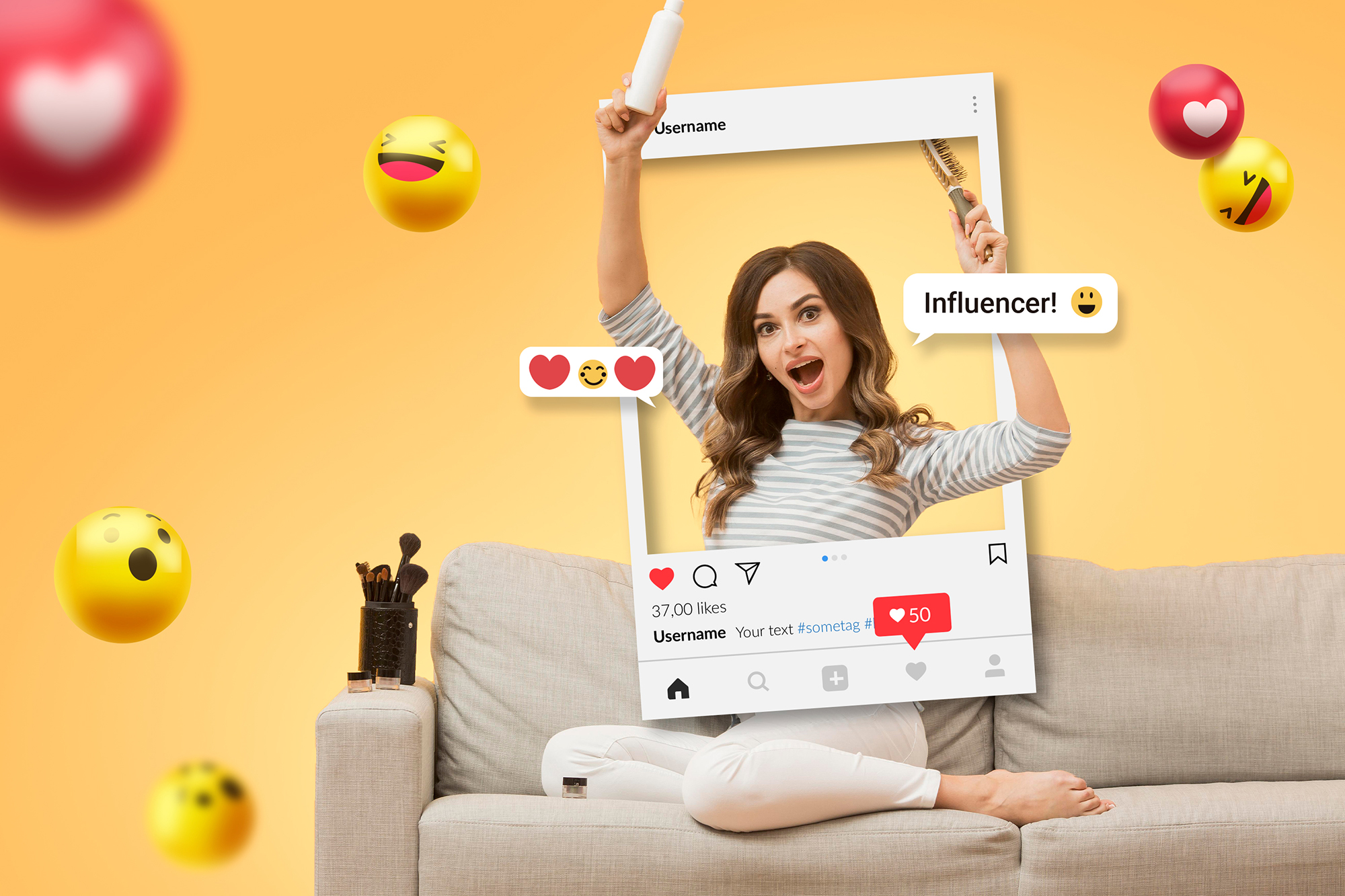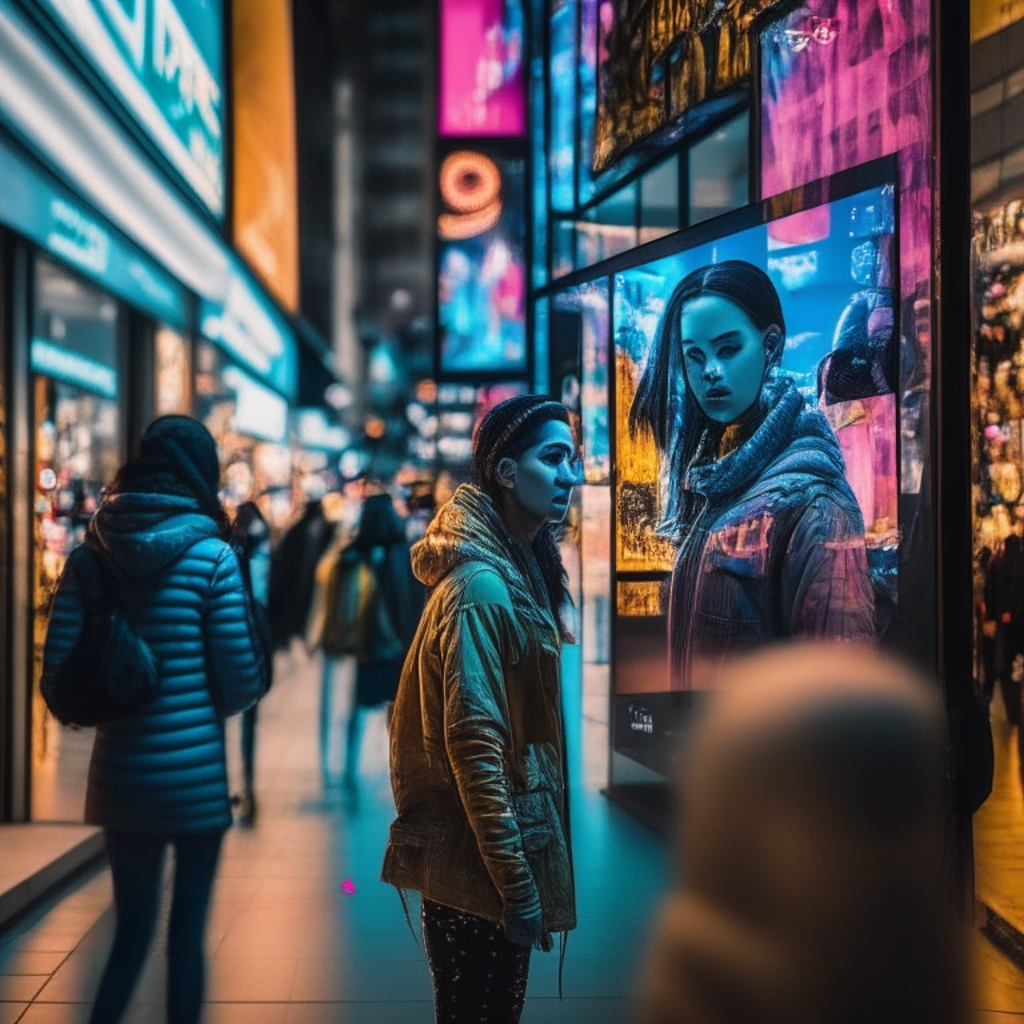In the digital age, influencer marketing has emerged as a powerful tool. It’s helping brands connect with their audiences on a more personal level. However, to harness the power of influencer marketing, it’s essential to have strategies. This comprehensive guide will walk you through the steps. You’ll master your influencer marketing strategy.
Understanding Influencer Marketing
Before diving into the strategy. It’s crucial to understand what influencer marketing is and how it works. Influencer marketing involves partnering with influential individuals, often on social media. They can help promote your brand to their followers. These influencers have built a strong relationship with their audience. Making them trusted sources of recommendations.
Influencer marketing is a form of social proof, a psychological phenomenon where people mimic the actions of others to belong. When influencers endorse a product or service, their followers are likely to follow suit. Trusting the influencer’s recommendation.
Types of Influencer Marketing
There are several types of influencer marketing, each with its own unique benefits. These include:
- Social Media Influencer Marketing: This involves partnering with influencers on platforms like Instagram, YouTube, and TikTok. And that’s to promote your brand or product. The influencers create content around your product or service. Showcasing it to their followers in a genuine and engaging way.
- Blog Influencer Marketing: Here, influencers promote your brand through their blogs. Often in the form of sponsored posts or product reviews. This type of influencer marketing is effective for brands wanting to provide inform about services.
- Celebrity Influencer Marketing: This involves partnering with celebrities who have a large following. While this can be a more expensive option. The wide reach and influence of celebrities can significantly boost brand visibility.
Creating Your Influencer Marketing Strategy
Creating an effective influencer marketing strategy involves several steps:
- Define Your Goals: What do you hope to achieve with your influencer marketing campaign? This could be increasing brand awareness, driving sales, or improving brand reputation. Having clear goals will guide your strategy and help you measure your success.
- Identify Your Target Audience: Who are you trying to reach with your campaign? Understanding your audience will help you choose the right influencers to partner with. Consider factors like age, location, interests, and behaviors.
- Find the Right Influencers: Look for influencers who align with your brand values. hose who have a following that matches your target audience. And have high engagement rates. It’s not just about the number of followers an influencer has. But the relationship they have with their audience.
- Develop Your Campaign: Plan out the specifics of your campaign. Including the content, timeline, and how you will measure success. Will the influencer create a video review of your product? Will they share a discount code with their followers? The specifics will depend on your goals and the platform you’re using.
- Measure Your Results: Use tools and analytics to track the success of your campaign. Adjust your strategy as needed. Look at metrics like engagement rate, click-through rate, and conversion rate. It helps you assess the effectiveness of your campaign.
Leveraging Influencer Marketing Tools
There are several tools available that can help streamline your influencer marketing strategy. These tools help identify potential influencers, manage your campaigns, and track your results.
Platforms like BuzzSumo and Klear can help you find influencers in your industry. Tools like AspireIQ and Branfluence help you manage your influencer relationships and campaigns. Analytics tools like Google Analytics and Socialbakers help you measure the success of campaigns.
The Power of Influencer Marketing
Influencer marketing can be incredibly powerful when done correctly. It allows brands to reach their audience in a more authentic and engaging way. Build trust, and drive action.
Influencer marketing can significantly increase brand awareness. When influencers share your brand with their followers, it exposes your brand to a new audience. An audience that you may not have been able to reach otherwise.
Influencer marketing can also drive sales. According to a survey by Collective Bias, 60% of consumers have been influenced to purchase a product after seeing it in a social media post.
Finally, influencer marketing can improve brand reputation. When influencers endorse your brand. It acts as a form of social proof, enhancing your brand’s credibility.
Conclusion
Mastering your influencer marketing strategy takes time and effort. But the results are well worth it. With a clear understanding of your goals, your audience, and the right influencers. You can create powerful campaigns that drive results.
The future of influencer marketing strategy is promising. As more brands, hoteliers, and tourism agencies recognize the benefits of having tailored and clear strategies, it is likely that we will see an increase in long-term collaborations. At Brandfluence, we strive to keep you in the loop. Read from our blog, discover our services, or simply contact us.
FAQs
What is influencer marketing? Influencer marketing involves partnering with influential individuals who promote your brand to their audience.
What are the types of influencer marketing? Types of influencer marketing include social media influencer marketing, blog influencer marketing, and celebrity influencer marketing.
How do I create an influencer marketing strategy? Creating an influencer marketing strategy involves defining your goals, identifying your target audience, finding the right influencers, developing your campaign, and measuring your results.
What tools can I use for influencer marketing? There are several tools available to help you identify influencers. Manage your campaigns, and track your results.
Why is influencer marketing powerful? Influencer marketing allows brands to reach their audience in a more authentic and engaging way. Build trust, and drive action.
How can I improve my influencer marketing strategy? You can improve your influencer marketing strategy by defining your goals. But also understanding your audience, choosing the right influencers, and adjusting your strategy based on results.
Why is influencer marketing successful? Influencer marketing is successful. Because it leverages the trust and influence that influencers have built with their audience. And that’s to promote brands in a more authentic and engaging way.
What is the process of influencer marketing? The process of influencer marketing involves defining your goals, identifying your target audience, finding the right influencers, developing your campaign, launching your campaign, and measuring your results.

















